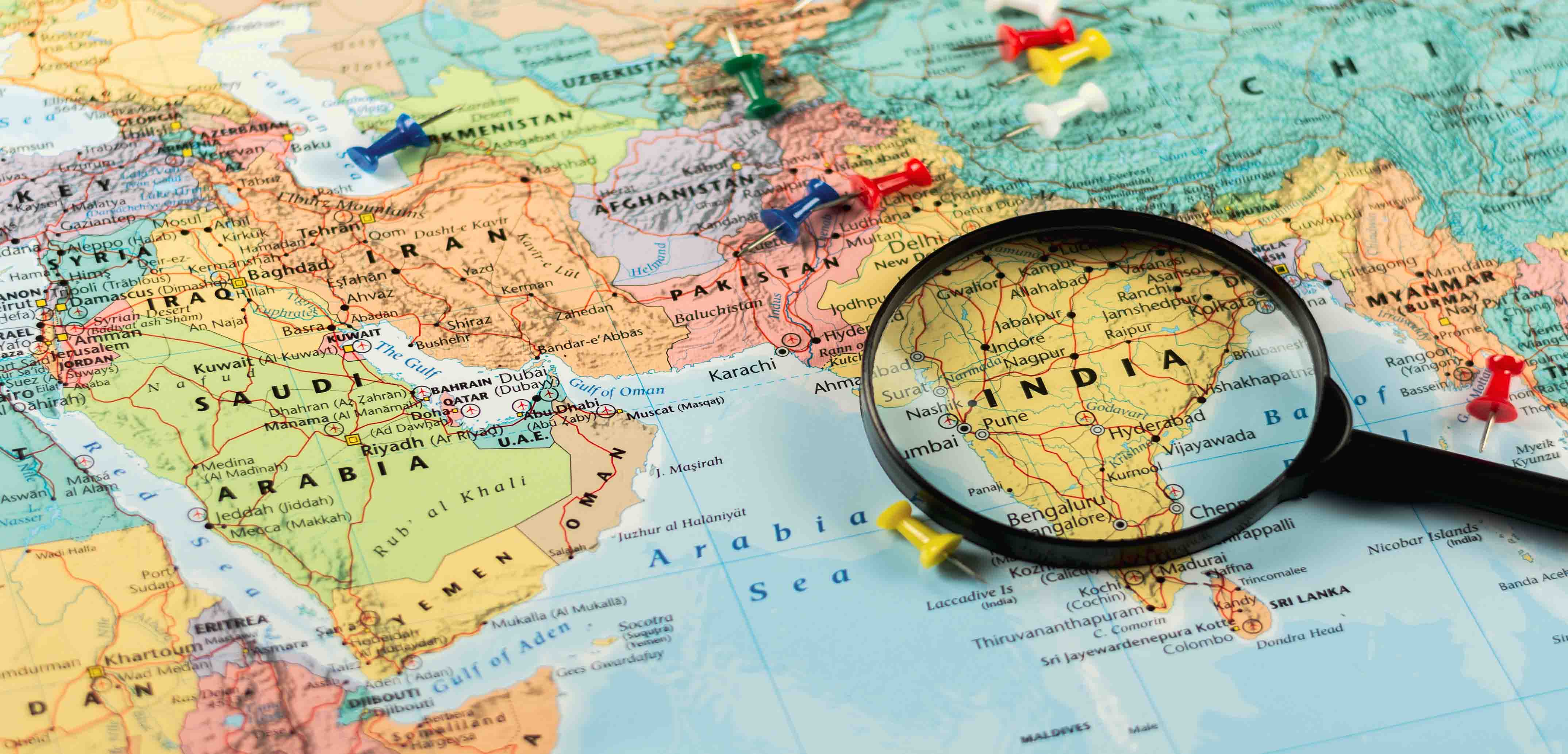India is emerging as one of the world's fastest-growing economies. With a population of over 1.3 billion and a rapidly expanding middle class, it is poised to become a global leader. The country's strategic location, diverse demographics, and technological advancements have fueled its growth and paved the way for its ascent to global leadership. From being a hub of IT services to a leading manufacturer of generic drugs, India has established itself as a force to be reckoned with.
India's E-commerce Logistics Industry Set to Surpass 10 Billion Shipments
A report by RedSeer Strategy Consultants states that the e-commerce logistics market in India is expected to grow. This is driven by increasing online retail in Tier 1, Tier 2 and Tier 3 cities. With more people shopping online, there is a higher demand for fast and efficient delivery services. This has led to an increase in the number of logistics companies in the market. The e-commerce logistics sector in India is projected to surpass 10 billion shipments by FY28. Technology advancements are also playing a key role in the growth of the e-commerce logistics industry. With the use of advanced technologies such as artificial intelligence (AI), machine learning (ML), and automation, logistics companies are able to optimise their operations and offer faster and more efficient delivery services. Companies in the logistics industry that provide tailored solutions for D2C (direct-to-consumer) brands are anticipated to experience growth and strengthen their position as market leaders over the long term.
Indian Steel Exports Make a Comeback
India has oscillated between exporting and importing more steel in recent years, prompting experts to recommend a focus on reducing imports rather than striving for net export status. Several challenges remain that must be addressed. For instance, PwC has estimated that the railway network currently meets 80% of the logistics requirements of the steel industry. However, infrastructure constraints pose a challenge to railways. The Indian government's efforts to modernise the sector and provide policy support have helped boost the industry's growth. India's steel industry is making a comeback in the global market, driven by a surge in exports. Indian steel manufacturers have been able to capitalise on the global demand for steel, particularly from countries which have reduced their own steel exports.
Final Thoughts
India's economic growth has been truly remarkable. With a young and dynamic workforce, a robust democracy, and a strong foundation of technological innovation, India is well-positioned to become a global leader in the coming years. The country's strategic alliances, and increasing soft power on the world stage are all indicators of the vast potential that India holds. However, realising this potential will require a sustained commitment to economic and social development, political stability, and technological advancement. As India continues on its path towards global leadership, it must navigate complex geopolitical challenges and work towards creating a more inclusive and equitable society. With the right policies and investments in place, India has the potential to become a true world leader and shape the course of the 21st century.
